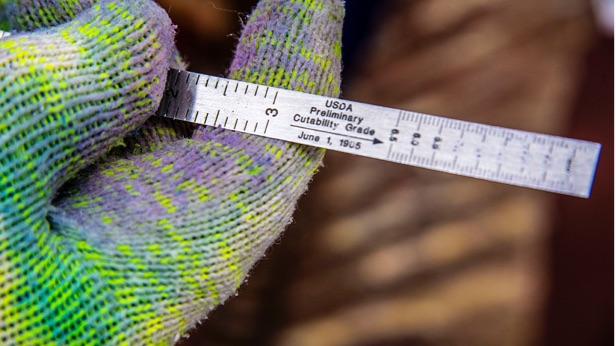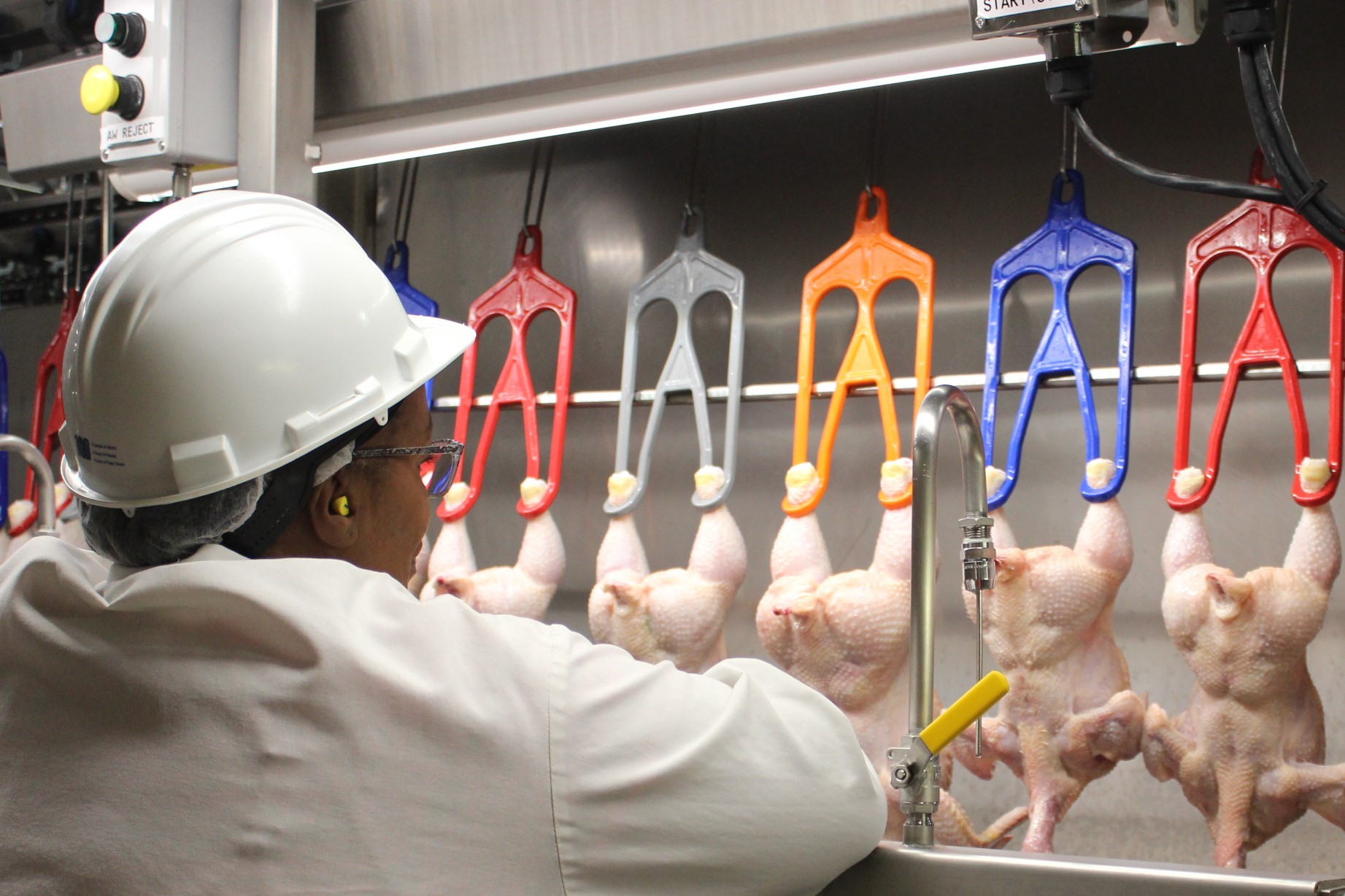
Information Required For Requesting a Temporary Approval
Temporary approvals can be granted for a period of up to 180 days for a deficient label. The Labeling Compliance Team can grant a temporary approval according to certain provisions indicated in 9 CFR 412.1(f). The time granted for the temporary approval of a deficient label is in order for the company to take corrective action, e.g., printing pressure sensitive stickers or printing new labeling.
Applications submitted for temporary approval are evaluated on a case-by-case basis. Information provided on each copy of the application should provide sufficient details in order for the Labeling Compliance Team to make an informed judgement about the extenuating circumstances. Approval is granted when the provisions in 9 CFR 412.1(f) are met. It is the responsibility of the company to provide details regarding the conditions for the temporary approval, the deficient label and the extenuating circumstances surrounding the temporary approval request. Applications without sufficient information are incomplete and will be returned to the company unapproved.
When requesting a temporary approval for the first time
The four conditions of 9 CFR 412.1(f) have to be met prior to receiving a temporary approval. Provide details of all conditions on the application.
When requesting a temporary approval for the second time
Explain in detail on the application what new circumstances have occurred since the last temporary approval was granted. Also, specify the details of the four conditions in 9 CFR 412.1(f).
9 CFR 412
(f)(1) Consistent with the requirements of this section, temporary approval for the use of a final label or other final labeling that may otherwise be deemed deficient in some particular may be granted by the FSIS Labeling and Program Delivery Staff. Temporary approvals may be granted for a period not to exceed 180 calendar days, under the following conditions:
- The proposed labeling would not misrepresent the product;
- The use of the labeling would not present any potential health, safety, or dietary problems to the consumer;
- Denial of the request would create undue economic hardship; and
- An unfair competitive advantage would not result from the granting of the temporary approval.
(2) Extensions of temporary approvals may also be granted by the FSIS Labeling and Program Delivery Staff provided that the applicant demonstrates that new circumstances, meeting the above criteria, have developed since the original temporary approval was granted.
An example of information provided with a request for a temporary label approval:
[The order of predominance for salt and dextrose has changed. Wheat flour has been added to the filling, but the product is wrapped in dough. The ingredients statement already lists flour within the dough sublisting. The values within the nutrition facts are within the 20% range. The labeling would not 1) misrepresent the product because the proposed changes are minor in nature, 2) present a potential health, safety or dietary threat since all ingredients are declared within the ingredients statement, 3) present an unfair competitive advantage because the changes are minor in nature. Denial of the request would create an undue economic hardship because there are 12,000 labels on- hand to use up; the company has an order to ship in 12 days; and the label is covered with a continuous vignette that would take several weeks for the printer to finalize.]



